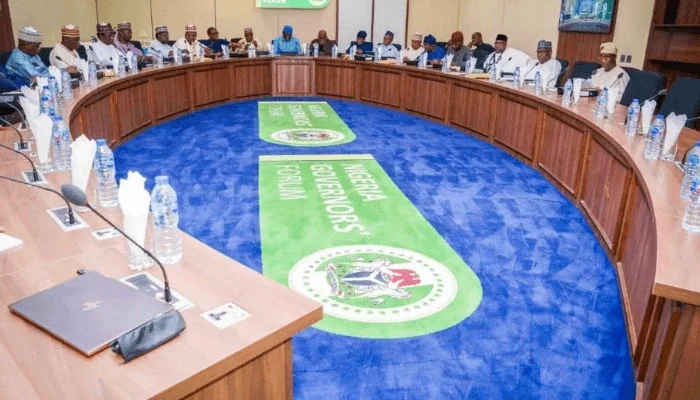
State governments have warned that up to 40 percent of the workforce will be laid off if they are forced to pay N60,000 minimum wage.
The tripartite committee on the minimum wage have made a proposal of N62,000 to President Bola Tinubu for approval but the organised labour is still insisting on N250,000
The governors continue to reject the proposed N60,000 minimum wage, stating that enforcing it would have negative effects on job security and employment.
According to a source familiar with the governors' position, imposing the wage bill on the states could result in up to 40% of the workforce being laid off.
The source identified 10 states that could afford the new minimum wage without negatively impacting their overall development.
These states are Lagos, Delta, Akwa Ibom, Bayelsa, Cross River, Rivers, Ogun, Kano, and Kaduna. The source specifically mentioned that Kano State can afford the new minimum wage as it doesn't have a significant debt burden, similar to other states in the federation.
"You see, over 24 drivers attending to only four or five vehicles in the fleet. What do you want such state governments to do? Sack them? But where the states are forced or coerced to pay, there could be consequences of up to 40 per cent retrenchment. States cannot be forced to pay the minimum wage because Nigeria is operating a federal system of government, which is based on the ability to pay.
"In the United States, which we are emulating, take, for instance, the salaries of the governors of Vermont, New York and California are different with some rural states of Mississippi and others. The governor of Vermont and his counterpart in California earn over $200,000 per year, but the governor of Mississippi earns less. This is operation of the federal constitution in place."
The source further said revenue accruing to states only increased recently, as the daily crude oil production had remained poor.
It said the tripartite meeting challenged the president of Trade Union Congress (TUC), Mr. Festus Osifo, to explain from his experience since he came from the oil union what they had done to curtail oil theft and militancy in the South-south geopolitical zone.

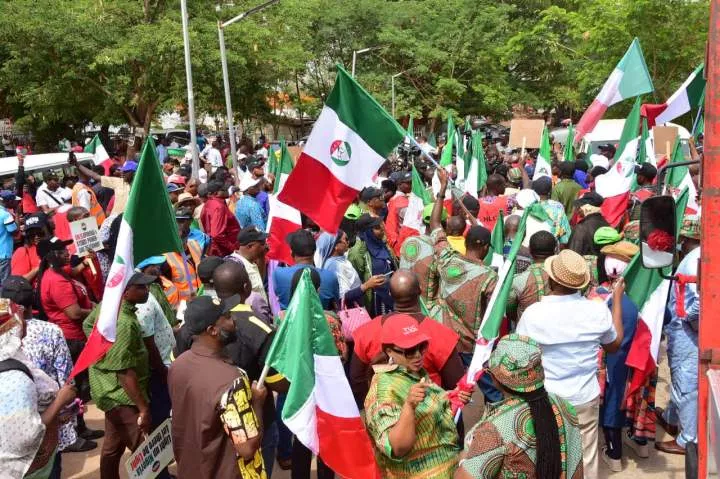
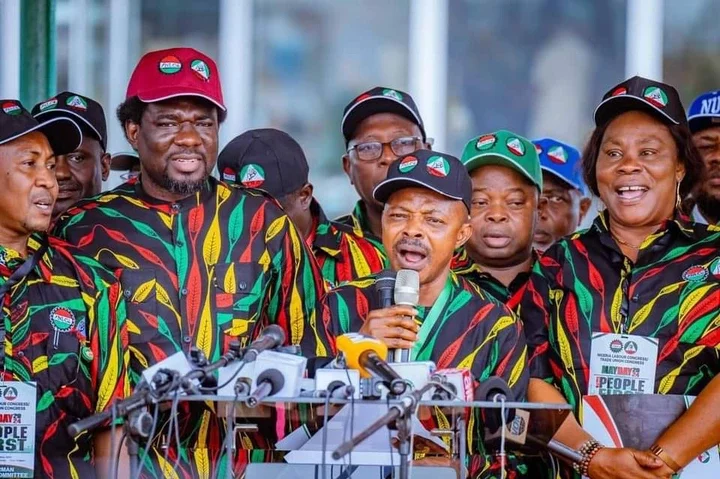

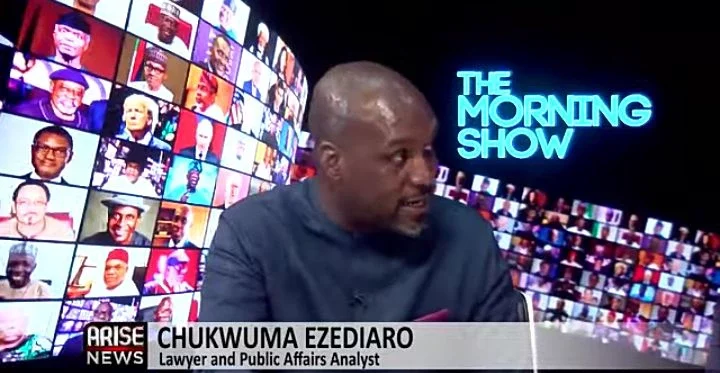
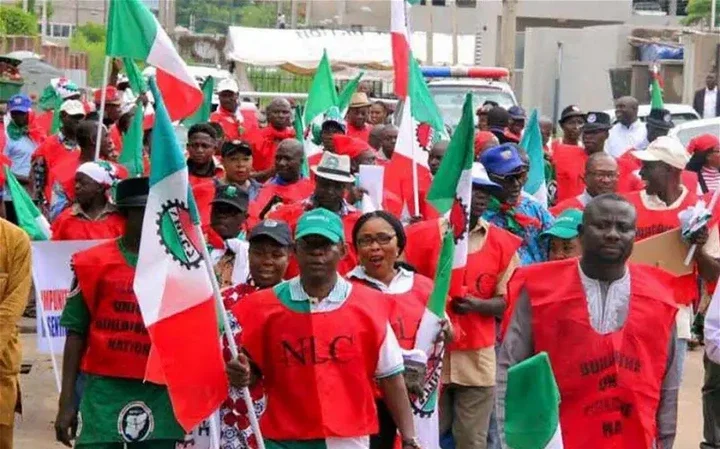

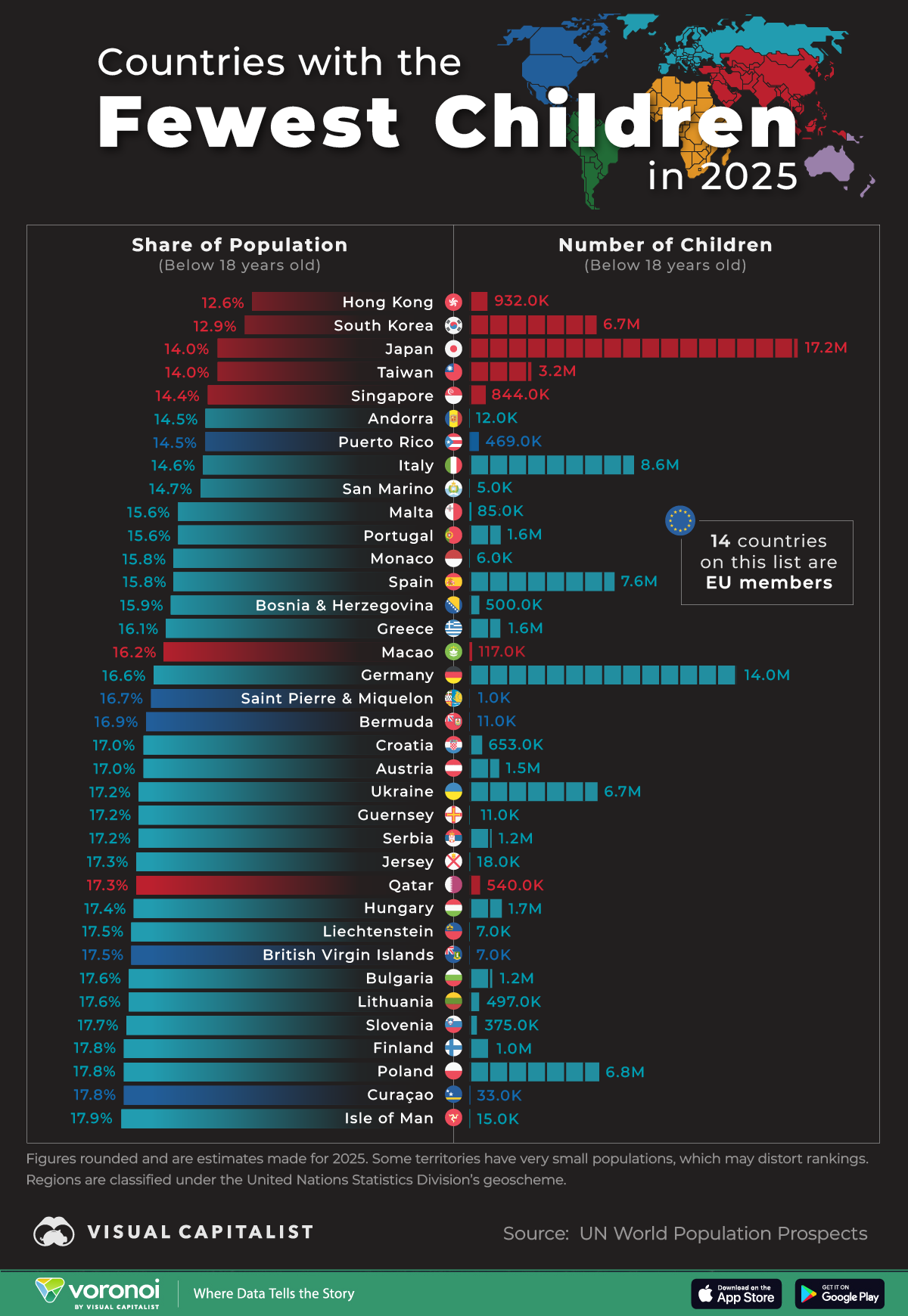


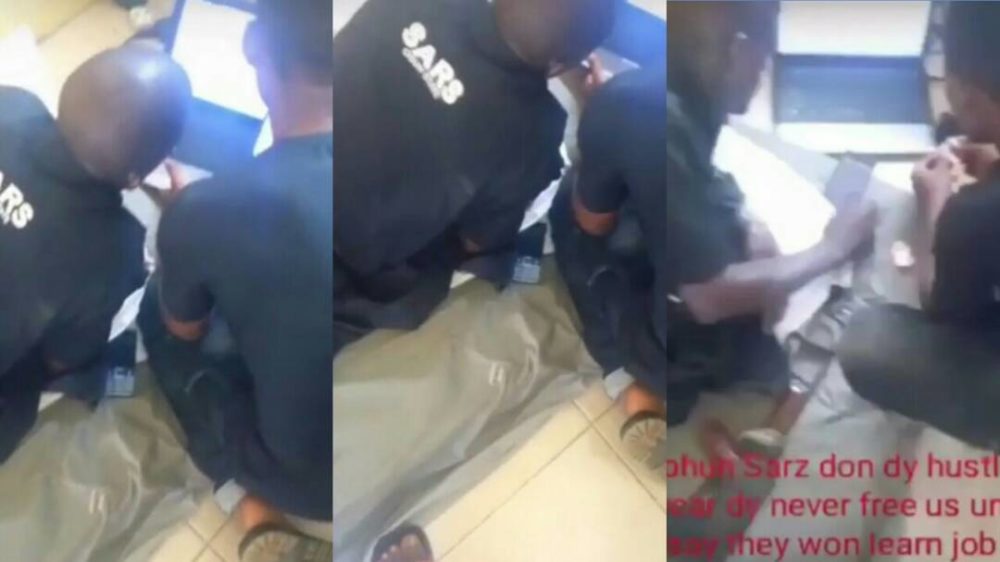






Comments